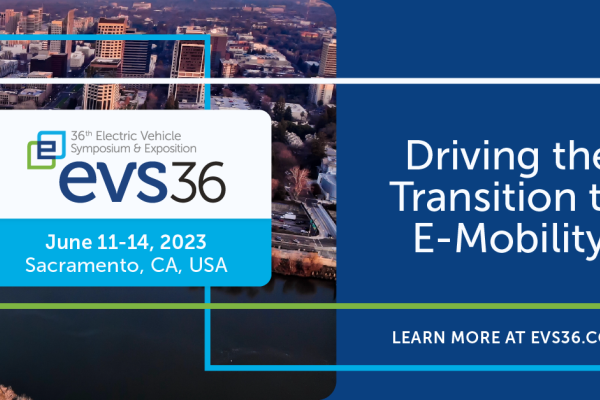Insights on Electric Mobility
101 total results. Page 3 of 5.
For readers who may not be fully apprised of what these tariffs are, we offer a short summary.
We chose to include a discussion of this important but lesser understood policy area because of the likelihood of their impact — both adverse and positive — on many companies’ procurement and production plans.
The Electric Mobility industry is on track for another exciting year. However, current and forthcoming US agency regulations continue to inject confusion and costs in critical supply decisions, for which legal tools can provide near- and long-term solutions.
Recent government actions illustrate that US-China trade relations will continue to be a focus as the United States enters an election year.
On July 1, 2020, the United States-Mexico-Canada Agreement (USMCA) was implemented. A clear and significant negotiation objective was to position the North American vehicle and parts industries with a competitive advantage in a fast-growing global marketplace. Now, in its fourth year, Washington is seeking public feedback to determine if this objective is being realized.
James Kim has been invited back to present a webinar to members of the Canadian Transportation Equipment Association (CTEA) on October 25, 2023. The association roster currently tops 500 members representing key companies supplying the North American heavy and medium transportation sector.
James Kim will present on a webinar to the members of the Canadian Transportation Equipment Association (CTEA).
On November 9, 2023, the AFS Electric Mobility team will address a plenary session of the Electric Vehicle Tech symposium at the Advanced Design and Manufacturing conference in Toronto, Canada.
The Electric Mobility team will address a plenary session of the Electric Vehicle Tech symposium at the Advanced Design and Manufacturing conference in Toronto, Canada.
The Battery Show, now in its 14th year, is billed as “the most comprehensive advanced battery manufacturing event” in the world.
The ArentFox Schiff’s Electric Mobility team was delighted to accept an invitation from the organizers of The Battery Show, billed as the largest advanced battery event in North America.
In this installment of Five Questions, Five Answers, Birgit Matthiesen hosts David Hamill, the International Trade & Investment Practice Leader at ArentFox Schiff.
The AFS team traveled to Sacramento June 13th to participate at EVS 36, hosted this year by the Electric Drive Transportation Association.
Five Questions, Five Answers

Birgit Matthiesen speaks on a panel at the 36th Electric Vehicle Symposium & Exposition.
On March 24, President Joe Biden met with Canada’s Prime Minister Justin Trudeau, bringing a message of economic integration and shared commitments.
Five Questions, Five Answers
ArentFox Schiff is pleased to announce that three of the firm’s thought leaders have been named top authors by the 2023 JD Supra Readers’ Choice Awards, which recognizes authors and firms that attained a high level of visibility and engagement across the JD Supra content platform during 2022.
Five Questions, Five Answers

In 2022, rare bipartisan cooperation succeeded in passing much of what Washington had in mind for the electric mobility industry, including billions of dollars in new spending now enshrined in the 2022 Inflation Reduction Act (IRA).
If a picture is worth a thousand words, the “photo-op” of the president test driving Ford’s new electric F-150 in May of 2021 was the burning image that foretold the US policy direction for the electric mobility industry.
In July 2020, the US-Mexico-Canada Agreement (USMCA) marked a turning point for North American cross-border trade, creating new rules and opportunities. This has been especially true for participants in the electric vehicle (EV) industry.
Application of US trade laws rely on the proper classification of the imported product. It triggers tariff preference benefits when properly applied, and enforcement scrutiny when not.
Since 2018, the Section 301 “China” tariffs of between 7.5% and 25% have been levied against critical components of the electric vehicle (EV) supply chain sourced from China.
Enacted in August of 2022, the Inflation Reduction Act (IRA) was heralded by many as a landmark climate legislation in the United States. While the IRA’s tax credits for electric vehicles (EV) were among its most anticipated benefits, the tax credits that materialized have unanswered questions.